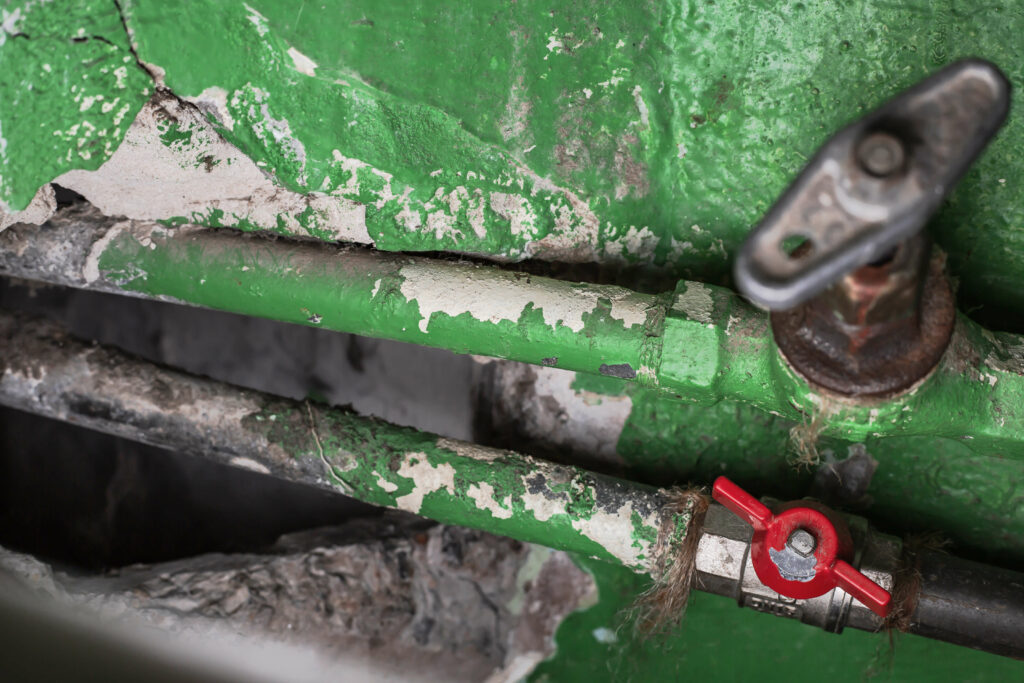
Lead Exposure
There is no safe amount of lead exposure. Lead poisoning can lead to many health impacts including brain and nervous system damage, slowed growth and development, learning and behavior problems, hearing and speech problems and an increased risk for kidney disease, hypertension, heart disease, anemia, miscarriage, osteoporosis, stillbirths and infertility in both men and women.
It is important to recognize the sources of lead including paint/dust (in homes built before 1978), water, soil, consumer products such as glazed pottery, toys and some spices. Certain hobbies including hunting and fishing and some occupational exposures including the automotive industry, can put people at risk for lead exposure.
Health Effects
Lead is a poison affecting nearly every system in the body, including the brain and nervous system. Lead is especially dangerous to children under the age of six, as their brains and nervous systems are more sensitive to the damaging effects of lead and their growing bodies absorb more lead.
Between 2015 and 2018, 1,763 young children were identified for having elevated blood lead levels (EBLLs), as ‘new cases reported to Allegheny Health Department (ACHD).’ According to recent ACHD inspections, the top sources of lead poisoning are paint, dust and soil. There are no effective treatments for the permanent cognitive and behavioral damage that occurs when a toddler has lead poisoning.
Lead poisoning contributes to:
- Damage to the brain and nervous system
- Slowed growth and development
- Learning and behavior problems (reduced IQ, ADHD, juvenile delinquency and criminal behavior)
- Hearing and speech problems
- Other problems can include: kidney disease, hypertension, heart disease, anemia, slowed puberty
Join the Get The Lead Out PGH campaign and request a community program.

Where is the Lead?

Paint And Dust
Lead paint was commonly used until 1978. With 85% of our Pittsburgh-area homes built before 1978 and more than 1,700 new cases of lead poisoning in our children – we’ve got a problem.
When lead paint chips, crumbles, begins peeling or is disturbed by demolition/renovation, the resulting dust contains lead and poses a health risk.

Water
Lead-containing pipes were used until 1986. These pipes can wear down and release lead into the drinking water. Plumbing fixtures and fittings can also contain lead, if they were purchased before 2014. All these sources present a health risk. Municipal water authorities are required to test for lead in drinking water every three years to maintain healthy drinking water.
